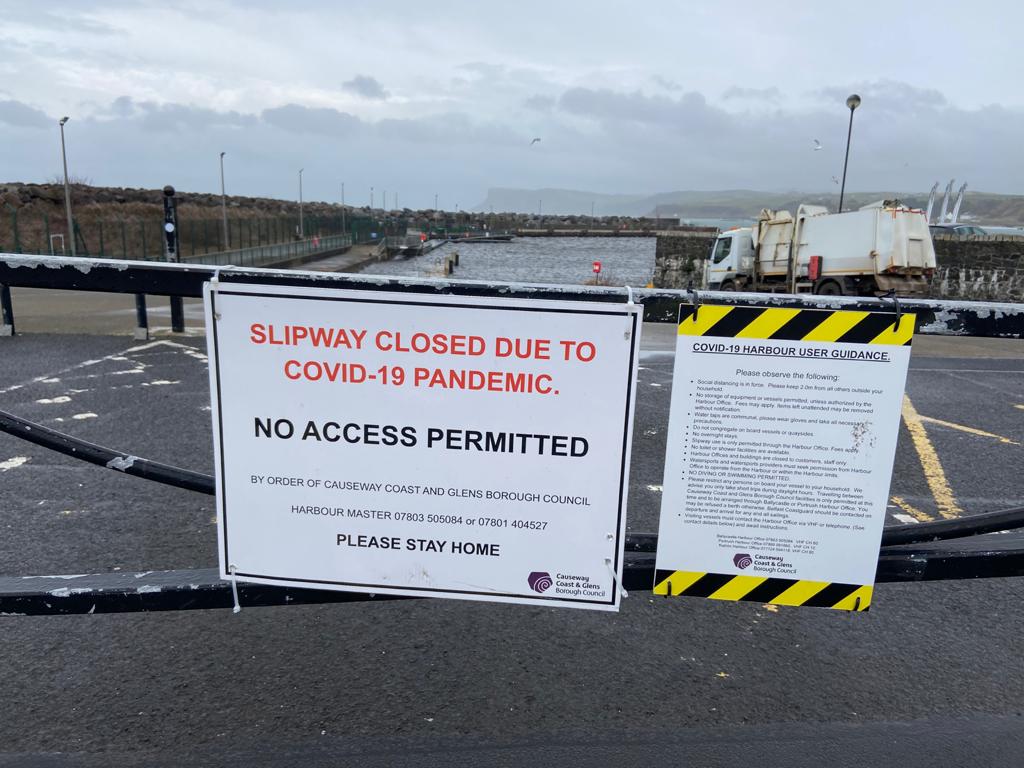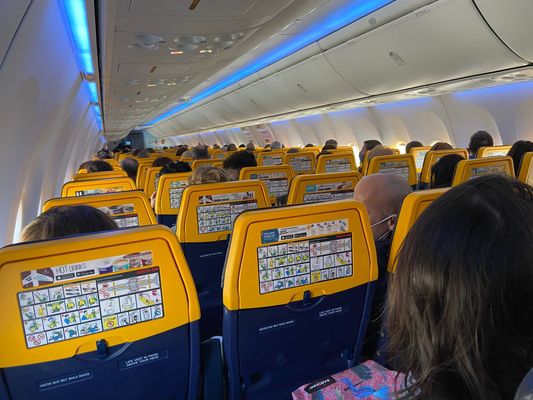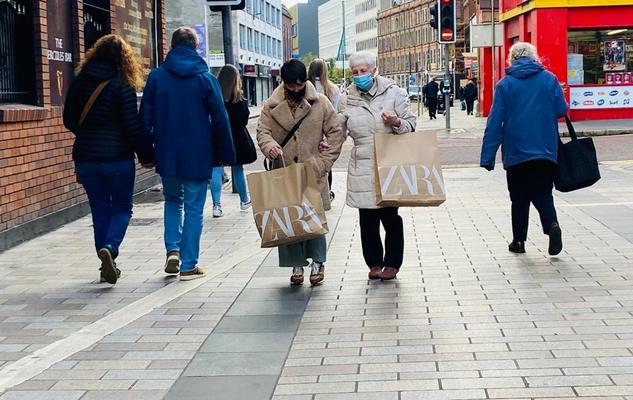COVID has affected Euro football, and probably did for Scotland’s chances, but the pandemic has been eclipsed by local politics and the success of countries such as Singapore and New Zealand has eclipsed the success of our own Rathlin Island, which has not had a single confirmed case in the pandemic.
This has probably been due to the determination of the islanders. Would that the rest of us on this island had such grit, determination, self-sacrifice and ingenuity. The islanders were not impressed by what was coming from the centre and decided to close their pub before March 17. They consulted and then decided to restrict their ferries to essential travel, but people kept travelling. They consulted again and then decided that there should be no travel at all with a cargo ferry sailing once a day with vital supplies. Thus the rules were strict with residents not coming into contact with anyone on the mainland. They are gradually opening up now but they had their difficulties with shopping and finances with tourism being their main business – similar to the mainland, with public health weighed against commercial interests.
Meanwhile, a joint warning by the Chief Medical Officers has been issued after discussing the evolving profile of the Delta variant of Covid-19 across the island. The Chief Medical Officers reminded those intending to travel across the land border in the coming days to be alert to the current Covid levels in local areas so that they can avoid any activities which may put their families at risk. Discussion continues about vaccination, as to whether it reduces the risk in live performances and whether other occupations such as waitresses should be compulsorily vaccinated.
In the Phillipines, President Duerte has threatened to jail those who are not vaccinated. In the South, it is expected that people in their twenties will be fully vaccinated by the end of September. Vaccine supply was stable and more than 340,000 were vaccinated last week, the biggest so far and it is expected that 300,000 will be vaccinated in subsequent weeks with 318,000 Pfizer vaccines expected and then a lull in Pfizer and Moderna vaccine supply. It is expected that those in their 30s will be fully vaccinated by the end of August. 66 per cent have had one vaccination and 35 per cent are fully vaccinated compared to 59 per cent in the UK. In the North, 1,941,162 vaccines have been administered, including 1,137,778 first doses. A booster vaccination may be required in the autumn with the influenza vaccine.
In the South there are 294 new cases, 53 patients in hospital and 13 in ICU. In the North, there were no further deaths, 187 new cases and 13 cases in hospital but none in ICU. The average seven-day incidence rate per 100,000 is 56.5, with the highest in Derry at 177.9 and the lowest in Ards 14.9. The travel advisory remains not to travel abroad unless fully vaccinated.








